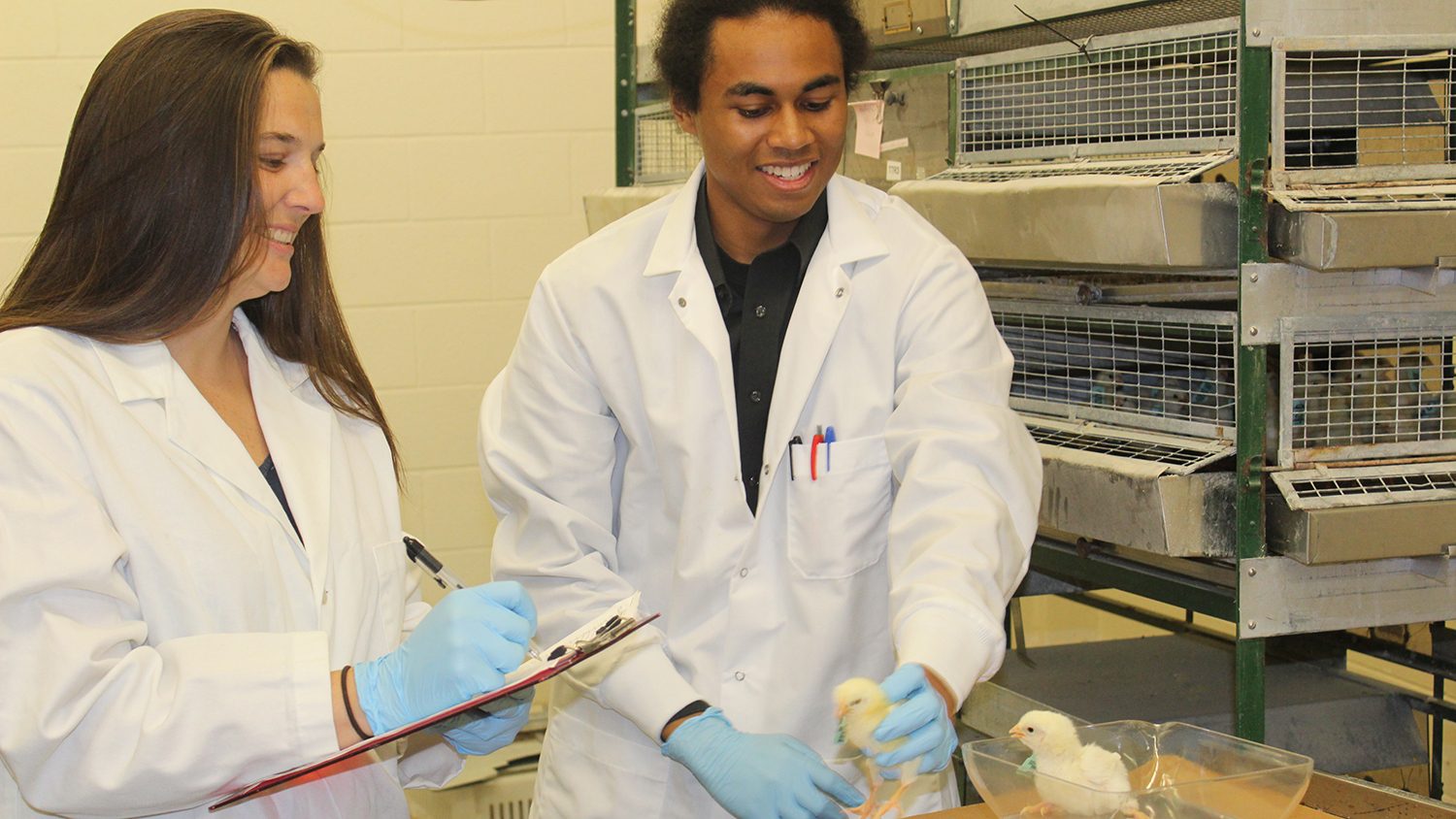We’ve all seen the scene in Rocky where he downs a glass of raw eggs, but the health benefits don’t go beyond a heck of a lot of protein – until now. Genetically modified chickens have now been developed to lay eggs containing drugs for arthritis and some types of cancer. This has been done before and tried on goat and rabbits’ milk, but this new approach is far more efficient than any previous attempts reducing the cost of developing the drug produced by 10 to 100 times compared to factories.
Many diseases are caused by a lack of a certain protein which can be controlled by giving the patient drugs containing that protein. The genetically modified chickens have a human gene which produces this essential protein within the white of the egg. It only takes three eggs to provide enough protein for one does and chickens can lay up to 300 eggs a year. Although the proteins produced from this method have been limited to IFNalpha2a (powerful anti-viral and anti-cancer) and macrophage-CSF (stimulates damaged tissue to repair itself), it could be applied to other useful proteins in the future. However, before this can happen the method will need to go through rigorous drug regulations and trials which can take anywhere from 10 to 20 years.
Despite the potential for this technique to provide affordable and effective medication to those suffering from arthritis and some types of cancer, the inclusion of genetic modification does not sit well with many people. The idea that we can manipulate the very essence of other animals is as unnerving as it is amazing. This is one of the reasons why genetic modification is one of the research avenues most scrutinised by the media. However, chickens kept in laboratory conditions, such as these, enjoy an easy life compared to farmed chickens; the egg laying process is no different than in normal chickens. It seems the moral issue with this practice is more philosophical: should we be altering species for our own benefit?
Image source: https://cals.ncsu.edu/news/livingston-seeks-to-enhance-natural-antibiotics-in-poultry/

